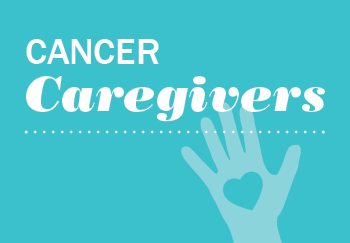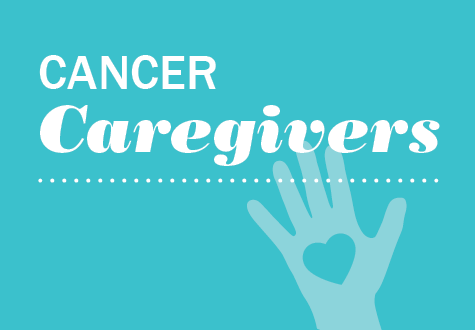
Acknowledge that it is terrible news
In addition to shock, a cancer diagnosis usually brings some combination of surgery, chemotherapy, radiation and, most of all, fear. Your friend needs to hear you acknowledge they are facing pain and uncertainty, and that it feels bad right now — even though you may think they need to hear you say something positive. Say, “Oh, that is sad news,” or even, “I don’t know what to say.”
Offer to help with something specific
You mean well when you say, “Let me know what I can do to help,” but you’re putting your friend on the spot to think of something you can do — and they’re worrying you won’t want to do it. Instead, make things easy and just offer the help specifically, such as taking the kids to the park or shuttling to an after-school activity, bringing over dinner or hiring some house cleaning help so your friend can say, “Yes,” and you can both feel good about it.
Call often
In my case, good friends call often and just ask, “How are you?” and they really mean it. Others will ask, “Do you want to tell me more about it?” if I mention something about the surgery, the hair loss or the leg pain, or even how much I love my favorite chemo nurse, Jill. They’re not offended if I don’t want to talk about it, and always have time if I do.
Be okay if your friend cries
Losing breasts (or any organ or body part), hair, a career, a husband, money, friends or an active lifestyle — or worse, knowing one’s life is ending (for stage IV patients) — really hurts and is very difficult. If your friend cries, just listen and be present without the dismissive positive platitudes, like “Just stay positive” or “Keep fighting!”
Softness always helps
Don’t know what to bring or send? Blankets, socks, wraps and shawls are perfect for anyone going through cancer treatments. That’s because the infusion center (where chemo is administered) and other treatment facilities, doctor’s offices and waiting rooms are often cold. Remember they feel crummy when undergoing treatment, too. Anything warm and fuzzy feels warm and fuzzy, and your friend will love it.
Visit whenever you can
Cancer patients can feel isolated by the treatment schedule and by not feeling well. Visiting friends are the very medicine for loneliness. Sitting and talking, watching movies, going out somewhere (if allowed) and just being there for a hug can make a huge difference in how your friend feels.
Get personal
Think about your friend’s favorite activity. Knitting, watching old movies or whatever it may be, do it with them. By participating and encouraging them to resume doing the things they love, you’re making a personal gesture that will delight them, feel good to you and help take their mind off cancer.
Talk about other cancer survivors
Don’t tell your friend how many people you know died of the same cancer they have. If you know other cancer survivors, talk about how they survived and thrived. If you think your friend needs to talk to a survivor, don’t hesitate to ask to put them in touch.
Talk about yourself
It gets boring talking about cancer all the time — for everyone involved. Tell your friend about your latest job, romantic adventure, new yoga class or your kids. Even the most basic life event for you might bring joy to your friend who has been deprived of normalcy.
Just say, “I love you”
When you don’t know how to help a friend with cancer, just tell them you love them.
Other Health Stories
Cutting-Edge Cancer Care
Cancer treatment tools (like surgery, chemotherapy and radiation) continue to evolve through research. Every day, we’re working on providing more individualized, tailored cancer care through treatment plans that address your unique case and move at a pace that you choose. See how cancer care is looking to the future.
Managing Hair Regrowth After Chemo
Managing hair regrowth after chemo can be more emotional than you’d expect, but some support from your loved ones (and a trusted stylist) can go a long way. See how your hair can be a reminder of how strong you are and how far you’ve come.
